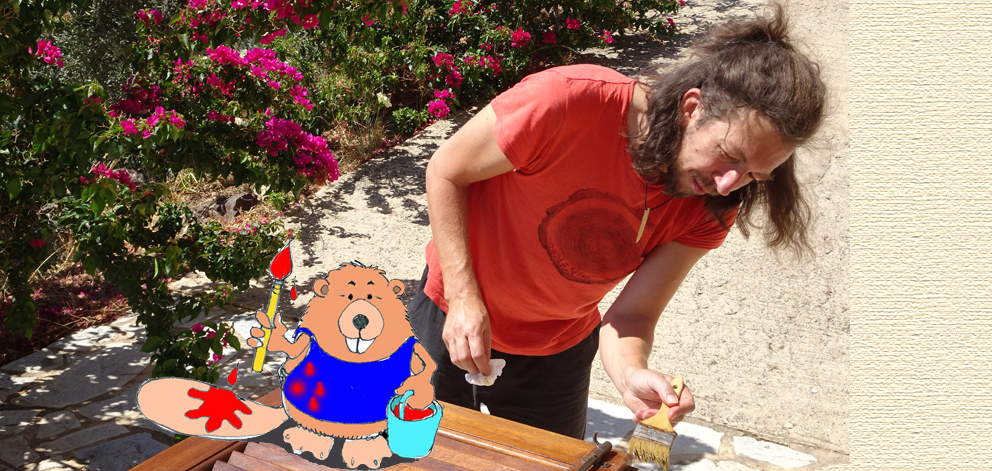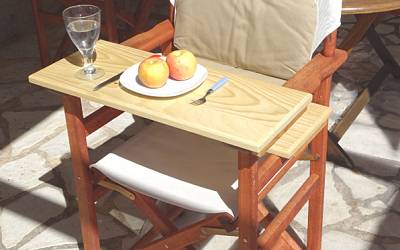MODUL 4, Table stories
Dining tables, bureaus, work tables, billiards tables are variations of the table, its names derives from the Latin word “tabula”, meaning originally “board”. Therefore it developed in the Romanic languages to the words “le table” and “il tavolo”. The German word “Tisch” derives from the Greek “discus” meaning “disc”, a round flat object. So obviously one part of Europe thinks a table should be rectangular and the other part thinks it should be circular. Round tables have the advantage that you always could accommodate one or two persons more, whereas with rectangular tables have difficulties to do so. Also the rectangular table has always a “table star” at the head of the table whereas as with round tables all participants have the same value: more democratic opposite to more hierarchical?
The dining table plays a very important role in every household, especially in the social life of a household for the members of the family but also for the guests of the family. But there is a fine difference: Members of the family are called to table, guests are always asked to table.
Most of the hosts find out that the invitation to the guests to make oneself more comfortable in the living room is not always gladly followed. It might have to do with fact that in the living you obtrude your feet in front of you instead of keeping close eye contact with your table partner. On the other hand contacts with the feet, positive or negative, become very visible to all. Also the rising from the low and comfortable couches is more arduous with full stomachs. And finally the bottle with red wine is not in the close reach anymore.
For the family members the common meal around one table is also a practice to get the family together despite divergent interests of teenagers, as long the TV-set is not in operation.








